Episode 2: Jeremy makes it to Galmi
By Kinya Kaunjuga

My luggage felt like a hot stone slung from my shoulder. I learned that laptops had a short lifespan in the desert. As soon as I met the team at Galmi, I could sense a tangible excitement to find out if Banda’s solution would work for them.
We had translated BandaGo into French because the staff using it spoke French and Hausa interchangeably. I didn’t speak either so we came up with a unique mix of words and phrases that we use to communicate to date.
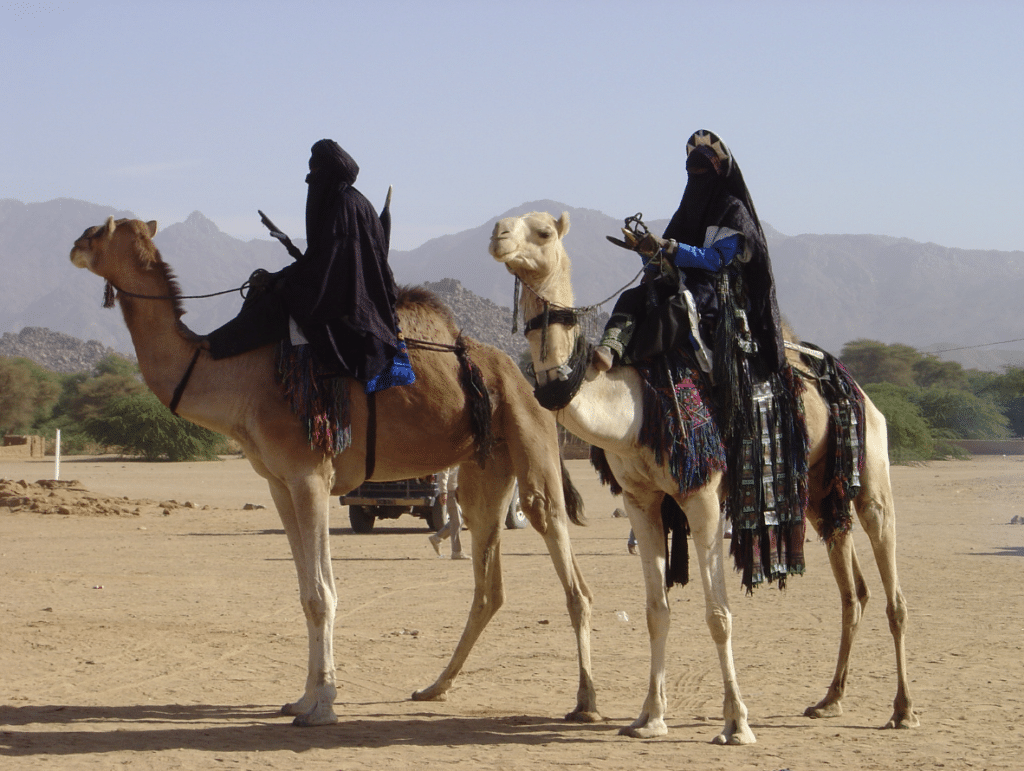
Galmi’s outpatient facility faced an additional obstacle. The internet connection in the village, which is located 150km away from the capital, was unreliable. Therefore, the optimal time for Galmi to use BandaGo was when the internet was less congested and more stable, which happened to be at night or before dawn when the local population was asleep.

The staff have to ensure that they keep track of every single cash transaction with immediate visibility for teams across the hospital, and that registering patients and finding their records happens very quickly from the time a patient arrives.
They have no choice but to carry out all patient processing with zero margin of error in a matter of minutes compacted between 6am and noon, stop then continue 3 hours later when it cools. In addition, patient registration and financial clearance are an essential part of the healthcare revenue cycle management process which Galmi’s leadership takes very seriously as part of their stewardship of the hospital.
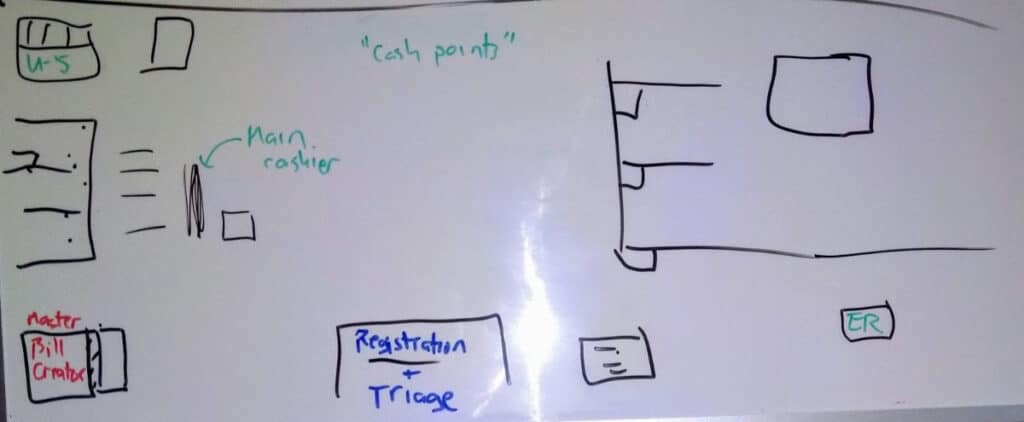
Upon confirming the viability of our solution, a sense of elation washed over the team, and we agreed to celebrate our delight over a meal. Unbeknownst to me, my proclamation of being able to handle spicy food would soon lead me into a bit of a predicament.
We chatted as the cook prepared traditional Nigerien rice and francophone musicians belted out African tunes from the radio.
When one of the Galmi team members loudly said, “He de like hot now, he say he enjoy peppa O!” I noticed the cook gleefully removing box after box from a hollow shelf concealed behind a tie and dye cloth. None of the boxes were labeled but each of their contents filled the air with tantalizing aromas when they landed in a large saucepan atop a crackling flame.

When the meal was served, I glanced around for silverware. Using our familiar phrases from work and some hand gestures, I realized we would eat with our fingers. Not to be deterred, I dove in with the gusto of a man who had just brought an innovation to transform a highly impactful outpatient medical facility in the Sahara Desert! In my euphoric state from a successful implementation, I missed the communication relaying shock and warning that my five-finger scoop of rice was going to hurt. I should have read the look on the faces of everyone as their eyes widened, their jaws dropped, and some even leaned back to watch.
As my mouth closed around the bite I had just taken, my tongue felt like it had been placed in contact with the surface of a piston in an Isuzu direct injection diesel engine which had heated its exhaust fumes to the maximum temperature of 350–400°C before complete combustion took effect.
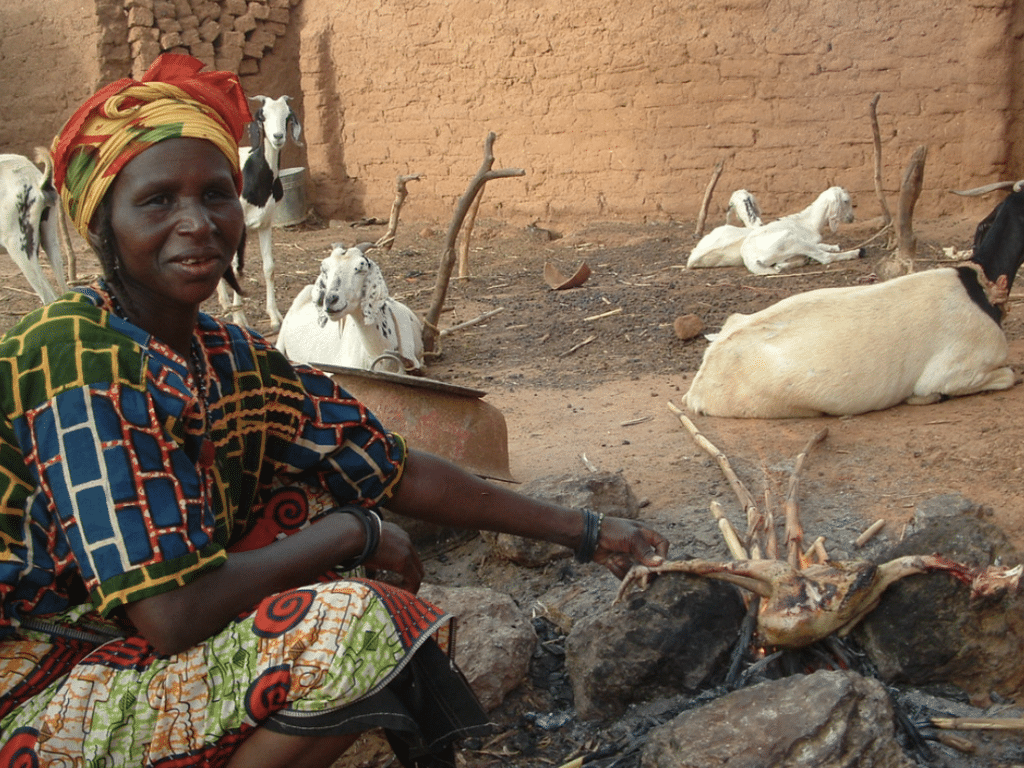
I tried to chew as fast as I could but the heat from my mouth had already seeped into my nose, my lips had gone numb, and my vision had become blurry.
A sound was emanating from somewhere in my body as my throat seemed to actualize that it was receiving something that should have been chewed, smaller in size, and probably cooled before its delivery. “Grrraaakka kaaahhkkk grrrraaawr stststsssss!” I waved my arm around aimlessly in front of me and felt someone place a glass in my hand. I poured its contents in the direction of my mouth and then held it out again. We repeated this fire extinguishing exercise until one of my eyes could focus and I could distinguish the musicians from the ringing in my ears!
Till this day, I’m Galmi’s point person at Banda Health and my bond with the hospital’s outpatient staff and delight about their wins from using BandaGo have a big place in my heart.
Facts and soundbites from my chat with Jeremy:
Q. What is one word to describe what you saw and felt about Galmi? “It’s just a very harsh environment, the surroundings and anything that you think about even healthcare is very hard to access. In fact, at the hospital, we initially only set up in one wing, the children’s department because of how critical and busy it is.”
Fact: In 2022, about 49% of Niger’s population were under the age of 15.
Q. What have you seen BandaGo transform at Galmi’s outpatient center? “At 6am the number of patients is at its highest so the system cannot be slow AT ALL. Even 1 second of waiting for a process to complete is not acceptable. BandaGo handles that for them okay.”
Fact: The current population of Niger is 26,562,499 as of Sunday, March 12, 2023. Niger population is equivalent to 0.31% of the total world population.
Q. What is your one wish for them? “For water. For a climate with seasons. Also, for help during the Malaria season which has a very big toll on the health and lives of Nigeriens with unpredictable suffering including the death of children.”
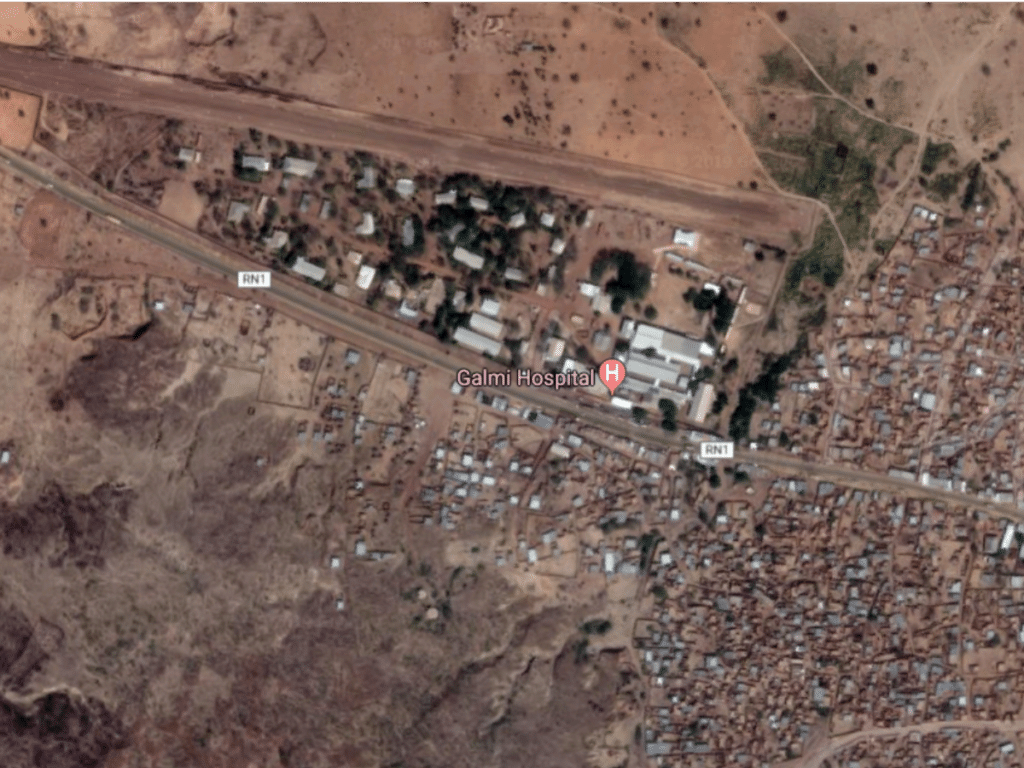
Saving Time and Lives - donate $1 Per Patient Visit to Bring BandaGo to Clinics in Need
So far Galmi Hospital has used BandaGo to provide 208,000 Patient Visits in their outpatient facility, averaging about 1,800 outpatient visits per week.
Right now it costs us $1 Per Patient Visit to equip clinics with BandaGo clinic management system – helping them efficiently systematize everything from the moment a patient arrives at their reception until they check out.
Our work wouldn’t be possible without your support. Thank you for joining us in building technology solutions that improve healthcare management in some of the toughest places in the world.
In case you missed it, check out episode 1 of this story on our website here.
Photos courtesy of: Tommy Sweets, Lindsay Gossage, Kaleb Bledsoe, Banda Health. Facts sources: United Nations Data Worldodometer, Statista Research Department.
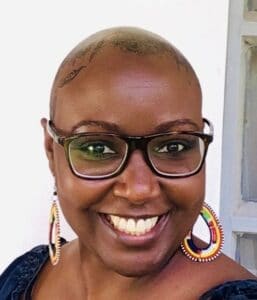
Kinya Kaunjuga
Kinya brings passion, an infectious laugh and 15 years of experience in the corporate and non-profit world to Banda Health. A Texas A&M alumni with a degree in Journalism and Economics, she says, "I love doing things that matter!"

